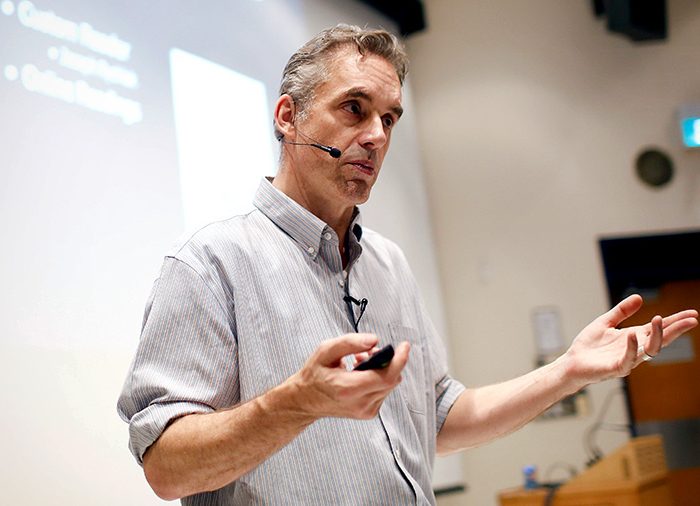How to Improve Your Writing by Jordan Peterson

Jordan Peterson on How to Improve Your Writing
Jordan Peterson is a clinical psychologist and a professor of psychology at the University of Toronto. He is also a successful writer who sold more than 3 million copies of one of his bestseller books.

He is convinced that learning how to write and become a better writer is the best way to improve your thinking. Arranging your personal reflections on a page in a logical and coherent way makes your thoughts more defined and organized so you get to understand your position with regards to whatever issue arises. Effective communication of your ideas to others is crucial to learning how to write is the way forward.
Here is Peterson’s 8-step process for writing an essay, which can be effectively applied by students as well as any other writer.
Show the Importance of Your Writing in the Introduction
Ignorance is never good and actions based on it are always painful. Thinking of consequences is more productive for living an effective life than confronting inconsistencies and paradoxes. If you reject discrepancies uncovered in your essay, you’ll be able to take actions towards things that matter most. You can get access to more important cognitive processes by thinking abstractly and organizing all your thoughts verbally.
“The primary reason to write an essay is so that the writer can formulate and organize an informed, coherent and sophisticated set of ideas about something important.”
Follow the Rules
Peterson reminds that rules exist for a reason. When a reader knows what to expect, it’s easier for him to go through the text, follow the stream of your thoughts and, most importantly, get the main message. First of all, choose a word, create a sentence and organize those sentences inside the paragraphs. Limit the paragraphs to either 10 sentences or 100 words. Don’t confuse the reader and arrange all paragraphs logically. Remember, one paragraph, one idea. Creative people often find it hard to organize thoughts in such a manner but the structure should be adhered to. Only if you’re a master, you can allow yourself to break the rules.
Choose a Topic Wisely
When you’re a student, it’s very likely that you don’t get an opportunity to choose what to write about since the decision is made by the teacher. It can be good because you won’t need to spend a lot of time picking the subject. In the case when you can select the idea for your composition, list 10 topics that you’re interested in and choose the one that suits you most. In terms of a reading list, Peterson advises using at least five books per thousand words of your essay. He also insists on making notes since writing down your reflections is a much more effective way to remember the information than typing.
Create an Outline
Peterson states that this stage appears to be crucial and most difficult in the whole process. Yet, it’s not optional so creating a viable outline and keeping it by the side when you write may influence the success of your work. The skeleton is important so crafting and following an outline can be half of the job done.
Accept That Writer’s Block Doesn’t Exist
Be disciplined. Just write. A blank page problem is not an issue for big newspaper reporters who simply don’t have the opportunity to sit and think what to write about. They just do it. If they can, you can do it as well. It’s very likely that you can do it even better if you stop worrying that your product won’t be perfect from the very first draft. Success is what happens during the editing process. The first draft means that it’s the first part of writing, which, in fact, should be and will be imperfect. Editing is a second step and that’s where the thinking will define the effectiveness of the whole thing. Production and editing shouldn’t interfere with each other. The first part means getting words on the page. The second stage implies polishing and incepting quality into the product.

Rewrite What You’ve Written
According to Peterson, you need to rewrite each sentence of the first draft in order to confront yourself. Read two versions aloud and review how effectively you managed to communicate with your reader.
Reconsider Arrangement of the Paragraphs
At his point, you understand the fluidity of the whole essay’s content so now it’s time to examine both each sentence and paragraphs. Think through the meaning of each sentence and figure out whether the stream of thoughts is coherent enough. Reshuffling paragraphs may make a lot of difference.
Return to the Result of Your Writing Later
If timeframes and arrangement allow, put away your writing for some time and investigate the results of your efforts later. Look critically at the outline, sentences, paragraphs and think with a fresh mind whether you managed to convey the message to your audience. Before sending your creation to cyberspace (or publishing world), edit it several times. As Peterson shared, “My favorite time to do this is between 5–7 a.m., after the cats are fed and the caffeine is circulating.”
